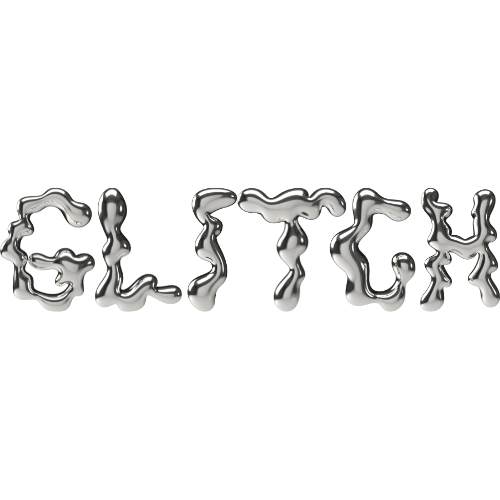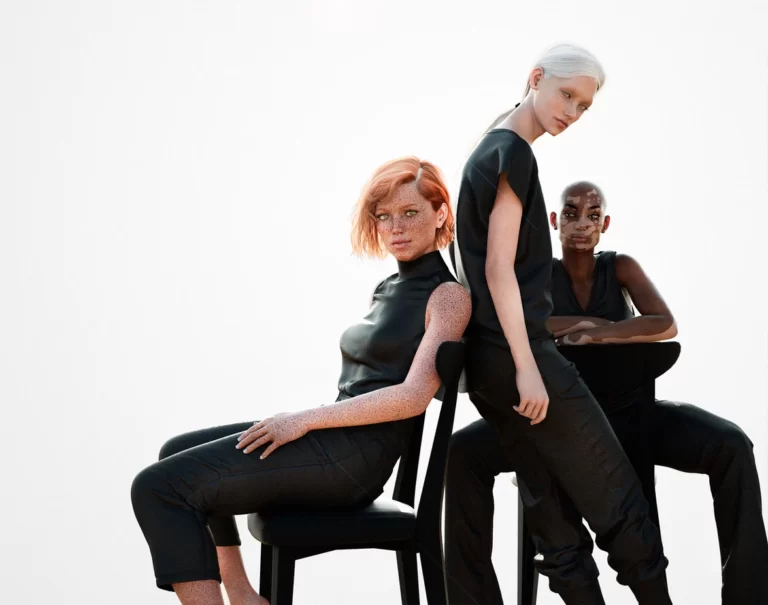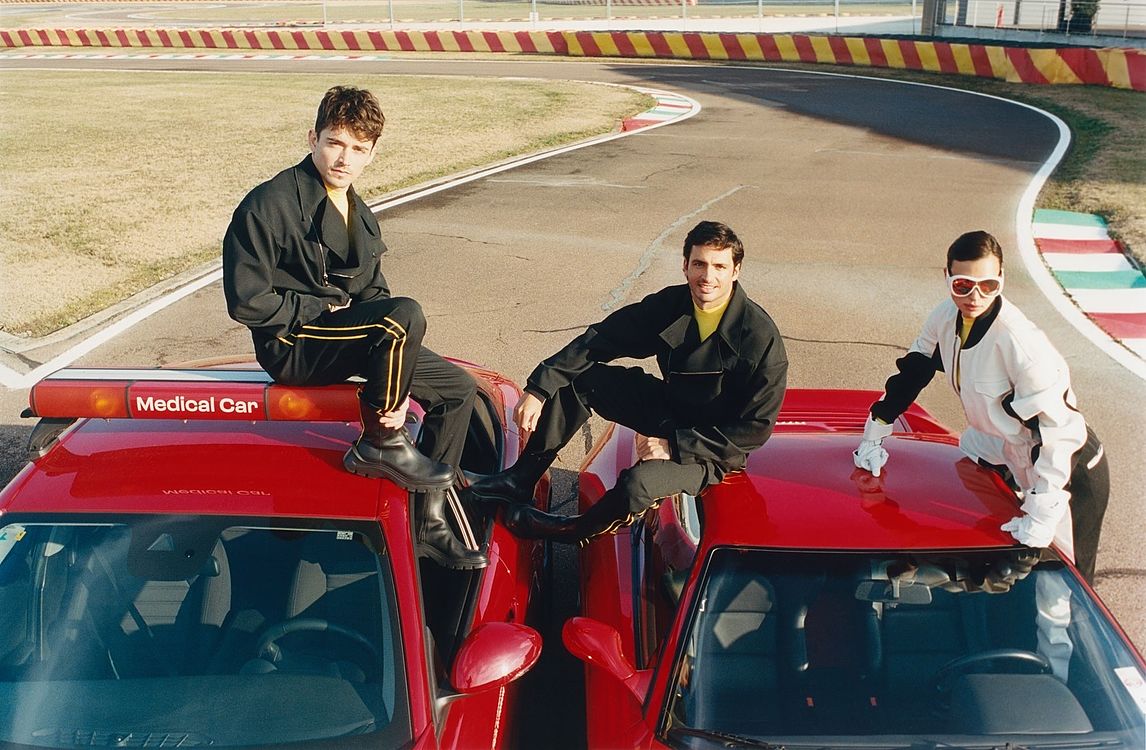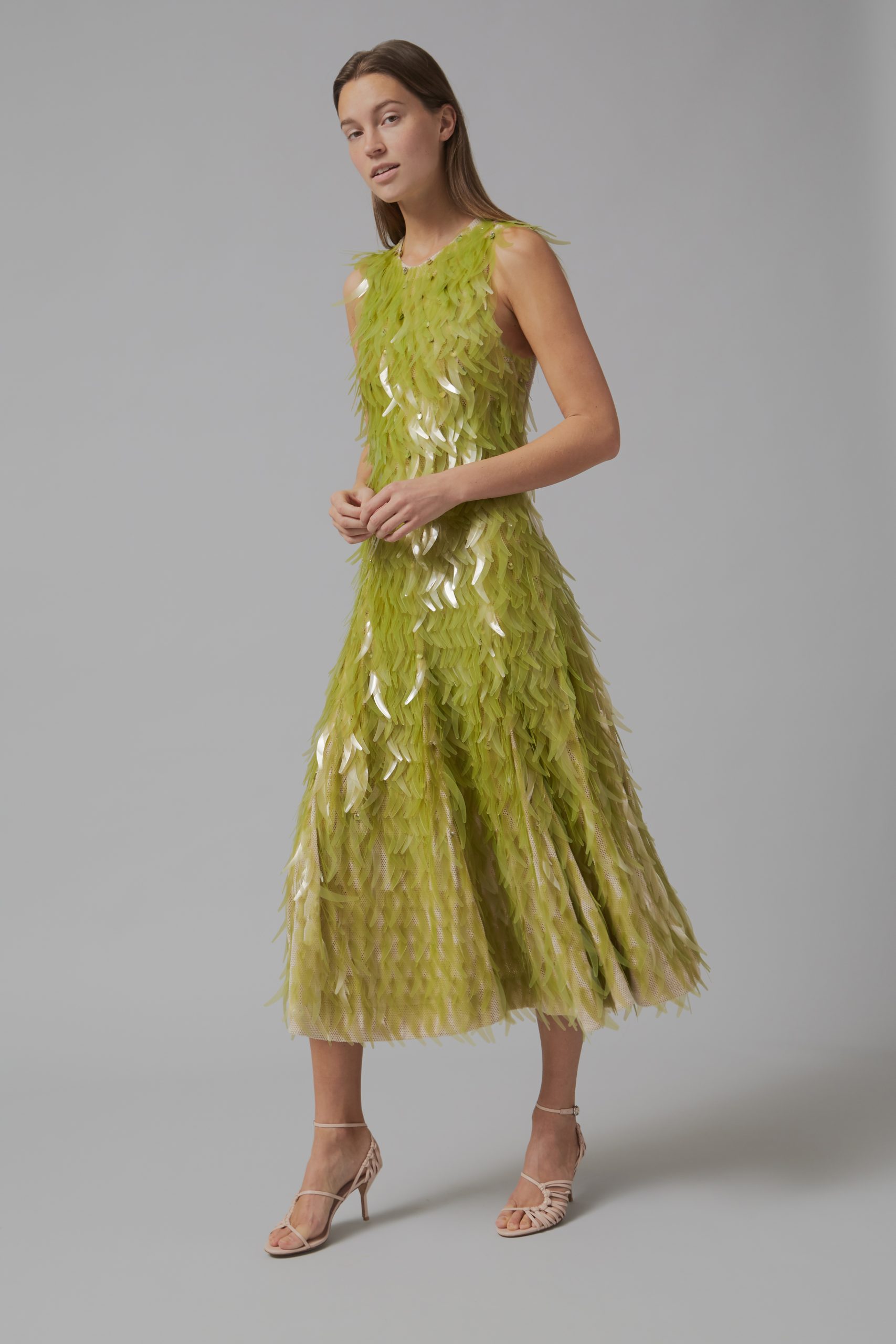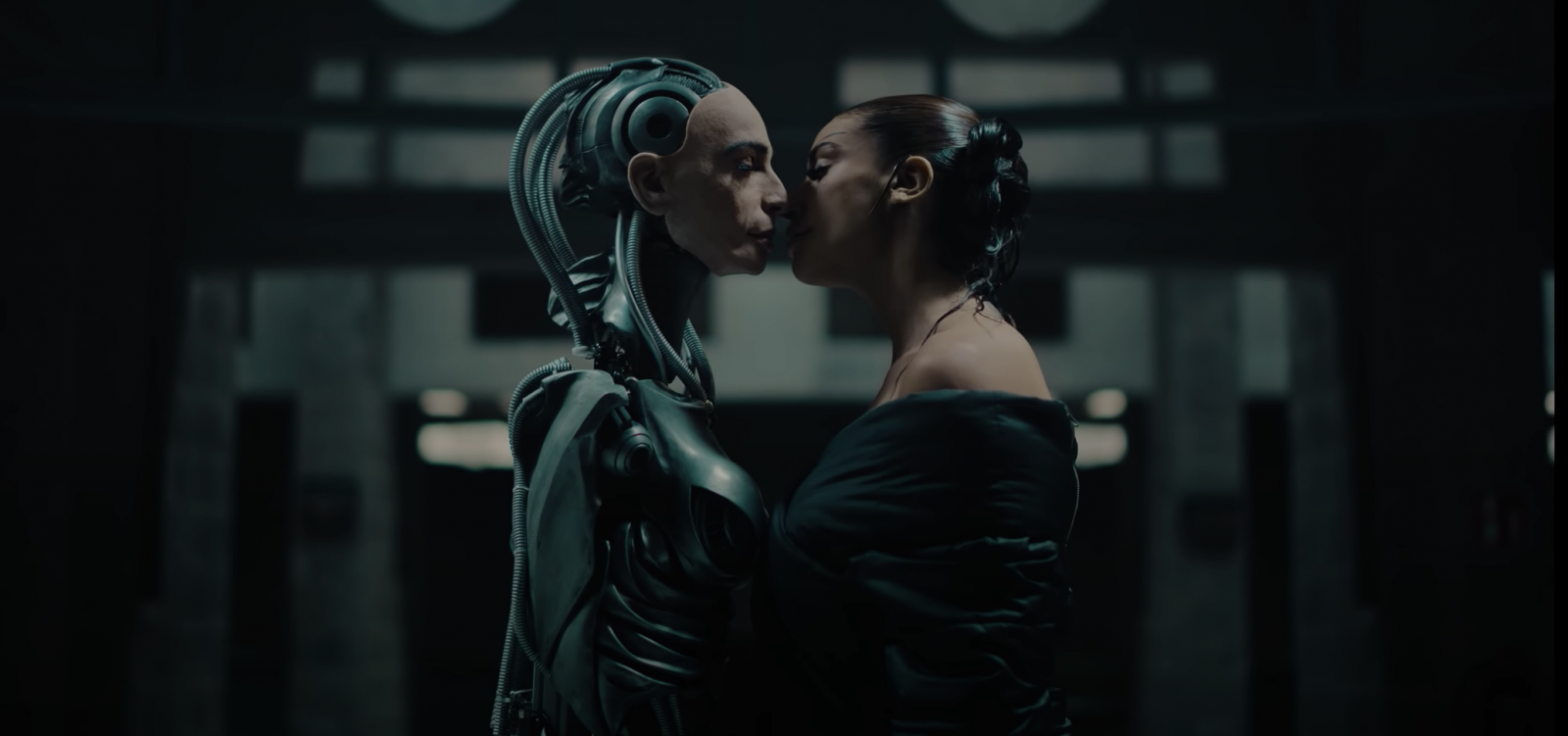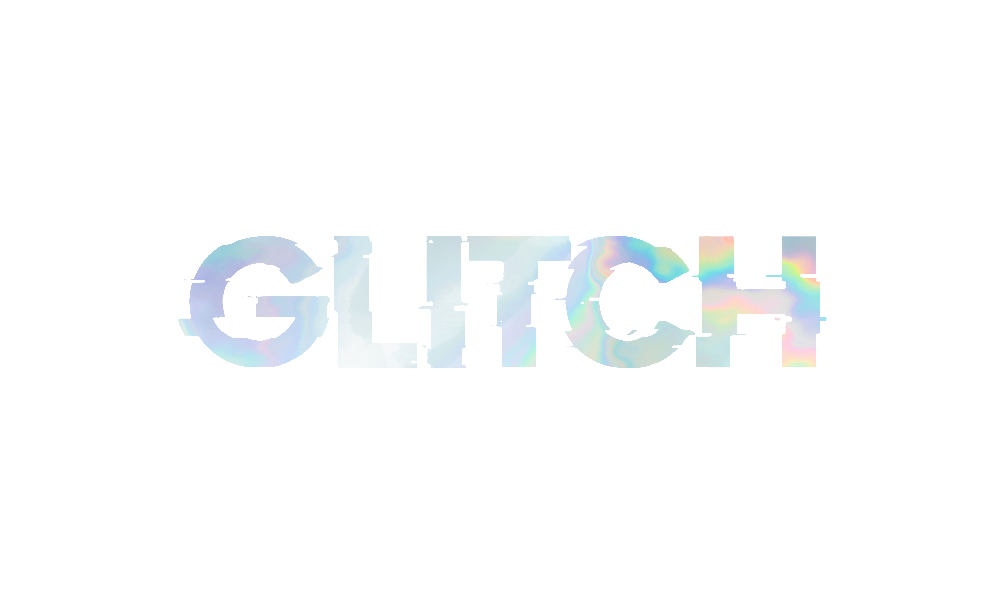Our green-tech AI models save thousands on location venues and production costs, although controversial for the advertising and fashion industry it is a necessary step to reduce fashion’s carbon footprint.
Why AI modeling?
HUM.AI.N is a digital modelling agency for the 21st-century consumer who will increasingly be living between the physical and digital. This is driven by a desire to consuming less (physical) product, but also the need to beautify and explore identity in the digital realm.
Digitalisation has changed how young consumers relate to beauty and fashion. We are increasingly experiencing our life experiences through screens as a consequence traditional industries such as fashion, beauty and the modelling industry must undergo a radical reformation. Digital natives want to see a changing face of beauty —unpolished, raw and real. HUM.AI.N is exploring diversity, identity and inclusivity as we launch our modelling avatars and influencers. This is will not be a blueprint for a linear look, it will enable us to reset beauty.
Why should brands & creative agencies choose AI modelling?
One of the major drivers will be sustainability and then cost. Using digital tools can be much more cost-efficient than staging physical productions. In the pandemic age and as part of the shift towards climate emergency solutions we will be required to look for more sustainable and ethical ways to engage consumers. Digital models will be advocates and influencers with diverse, relatable, inspiring characters. This new industry will be one way of engaging potential consumers and users.
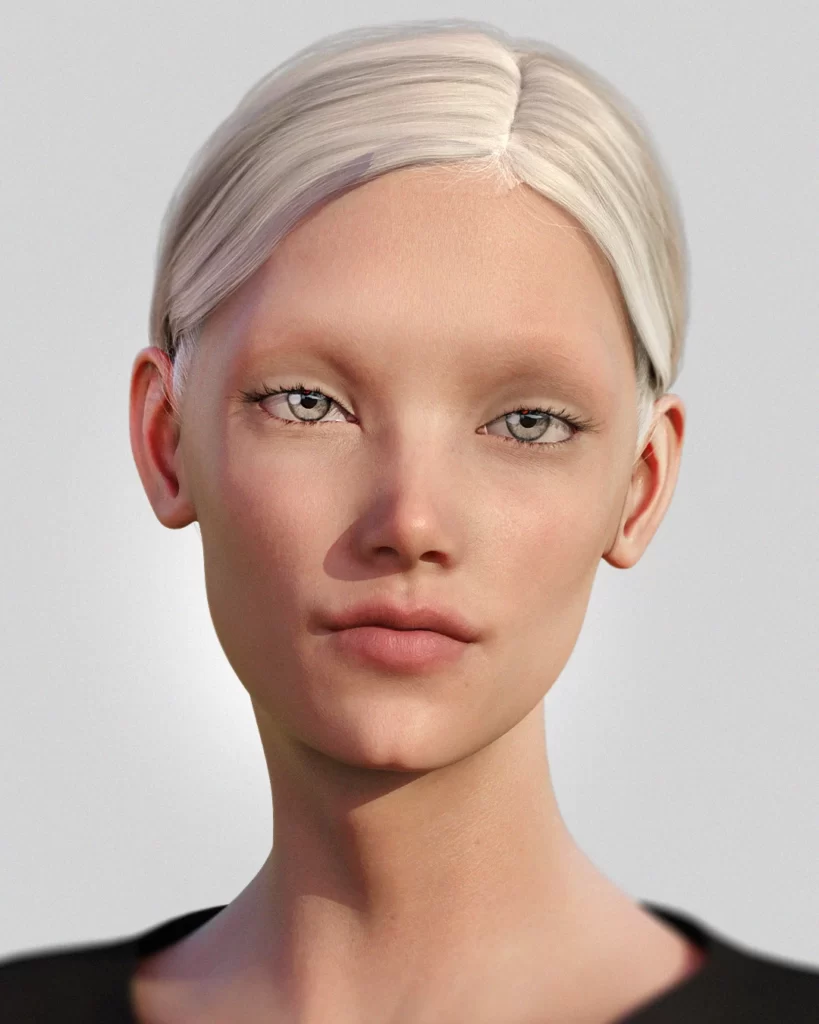
Are you tackling the present predicaments on Beauty Standards with AI development?
HUM.AI.N is breaking barriers and disrupting the stubborn boundaries of the existing beauty industry. We are aligned with our generation and exploring identity, gender and inclusivity, we want to reset the ethics of beauty in the digital realm which has always previously been about IRL airbrushing and fake realities. HUM.AI.N is a new digital gang which represents everything the original cover girl did not: diversity, individuality and inclusivity. Appetites for beauty are shifting with evolving industry standards. The new age of accountability marks a turning point for fashion’s idea of the ‘feminine’ ideal.
When developing your AI models, are you consciously developing faces that look obviously digital or will you attempt to mirror and enhance human beauty?
The HUM.AI.N team spend a few months looking to all factors, sex, race, disabilities, gender, size and age. All our models are created used a number of different factors. Our HUM.AI.N models within, show that digital just doesn’t mean 7ft, flawless blue skin with neon yellow hair and 8 arms. Relatability is key.
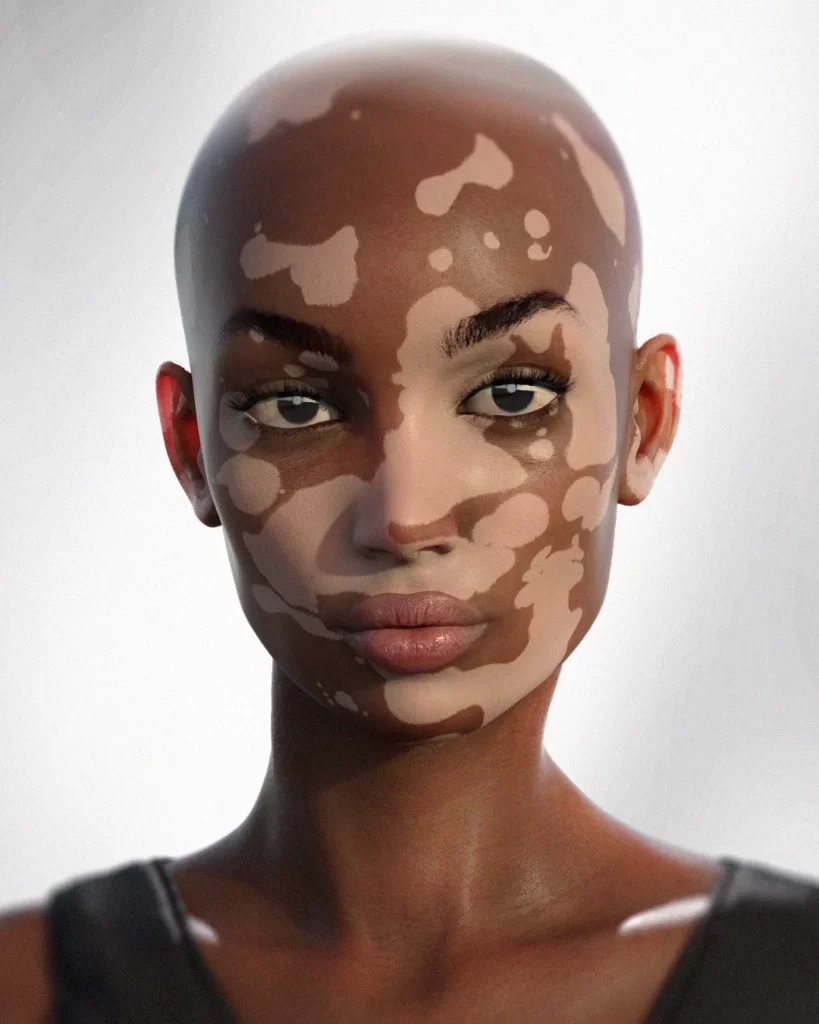
How does AI Modelling support the sustainability transformation in the fashion industry?
Our green-tech AI models save thousands on location venues and production costs, although controversial for the advertising and fashion industry it is a necessary step to reduce fashion’s carbon footprint.
From a business stance, looking into the future, what job roles will be created/replaced from your new business model?
Digital fashion experiences are about rethinking how to apply talents and skills to the digital world. We still work with IRL models, photographers, hair and makeup artist to create the looks. The artistry of beauty and fashion will still be driven by artists and creatives. This is paramount. The re-appropriation of production skills will move from the physical to the digital.
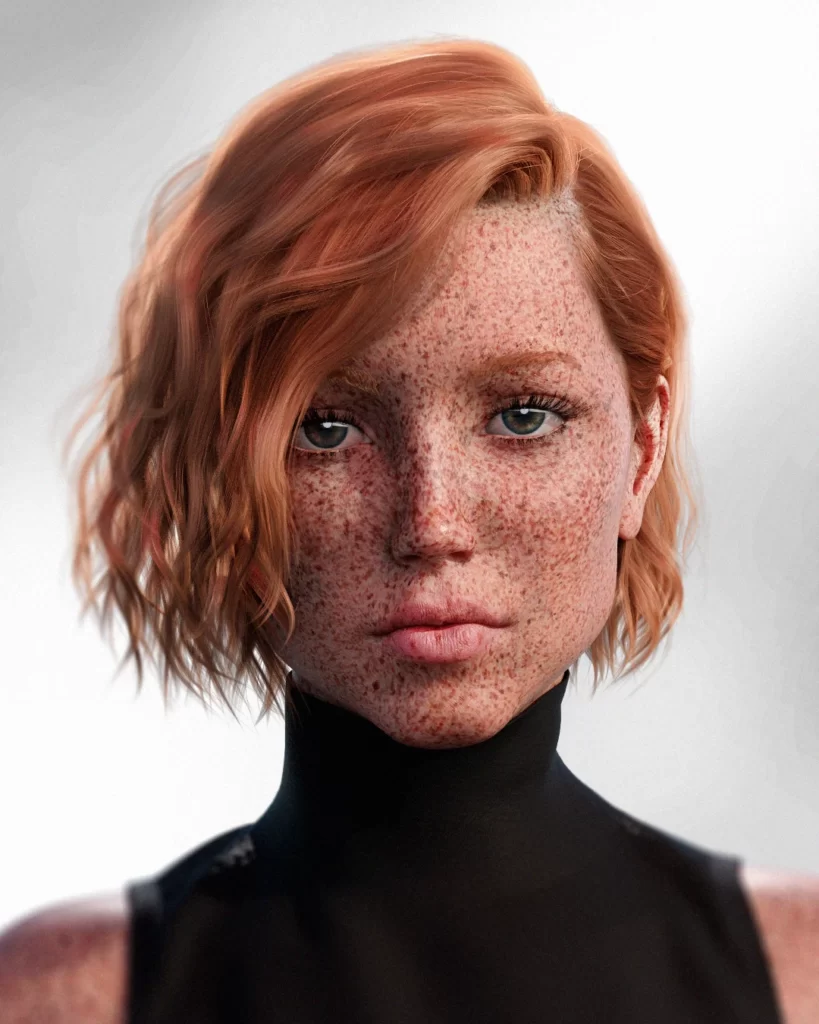
Who are your key competitors and how are you different from them?
We don’t see it as competition as this is set to (need to) be the age of collaboration and cooperatives. Many of our peers in the space are discussing cross-platform collaborations and co-existence. Many of us use open-source skills and networks. The fashion industry needs to redirect a lot of its 21Tn into digital experiences and move away from wasteful, fast fashion into more authentic ethical product or experiences.
The skill-sharing economy of the next will mean we all move forward shoulder to shoulder creating with artists and designers suitable to our platforms aesthetic and look and feel. Style and taste in fashion will always drive collectives who come together. That being said the HUM.AI.N team are unique in that we sit at the crossroads of fashion, art, music and technology.
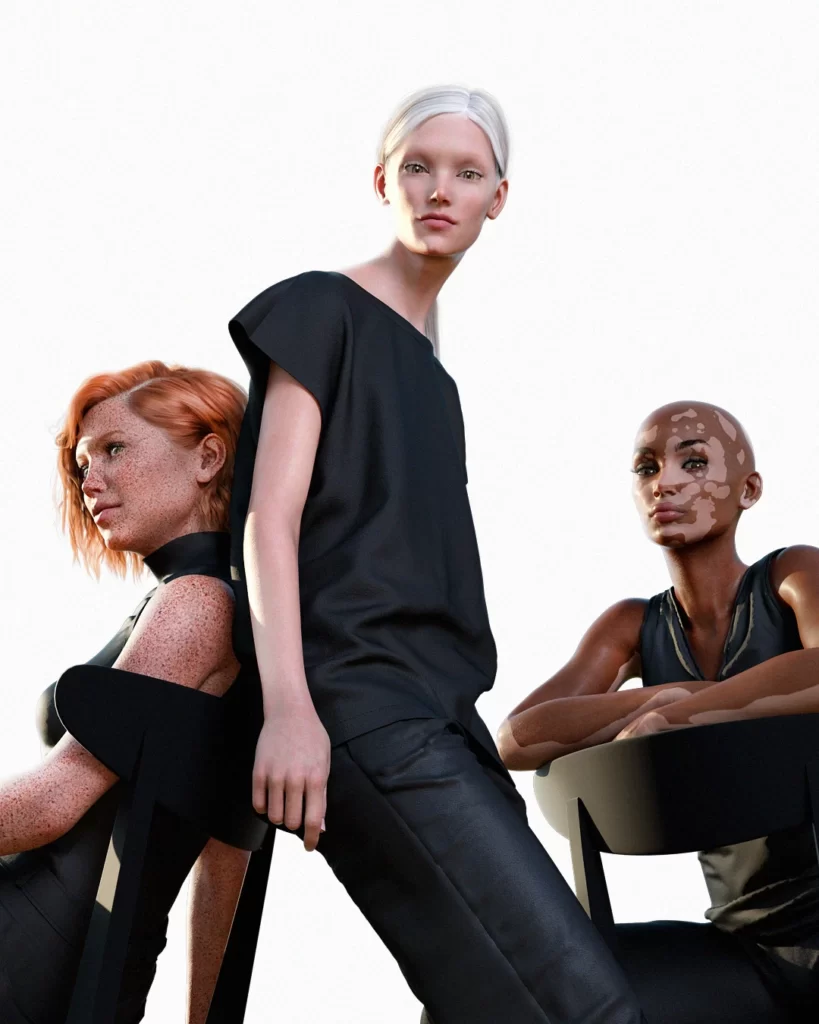

Interviewed by Fernanda Ondarza Dovali founder of Official GLITCH Magazine.
Words by Richard Thornn
